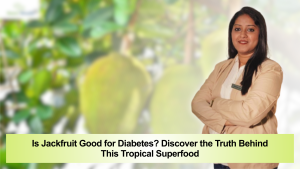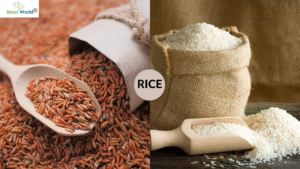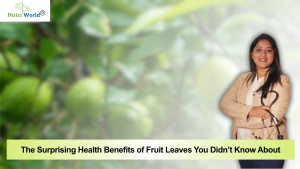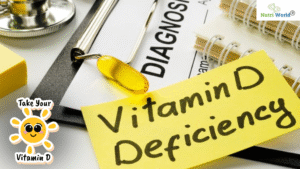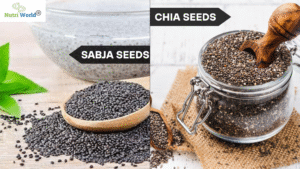The Cheesy Truth: Why This Article Matters
Cheese is creamy, delicious, and an all-time favorite in sandwiches, pizzas, and even Indian fusion snacks. But could this comfort food be doing silent damage to your gut? As a clinical nutritionist, I often get asked — “Can eating too much cheese cause colon cancer?”
Let’s break it down with science, not fear — and uncover how your favorite dairy delight might be affecting more than just your waistline.
What Makes Cheese So Addictive?
Cheese is high in saturated fat, sodium, and a protein called casein, which when digested, produces casomorphins — compounds that can trigger pleasure centers in the brain. No wonder many of us crave it like comfort food!
But the nutritional profile of cheese — when consumed excessively
— raises concerns for long-term gut and colon health.
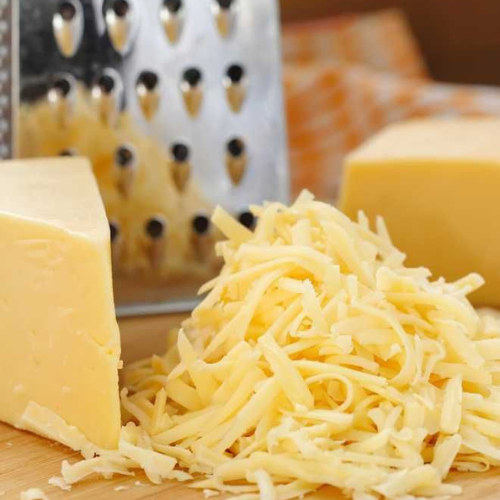
Colon Cancer: Why It’s on the Rise
Colon cancer, or colorectal cancer, is the third most commonly diagnosed cancer globally. According to the World Health Organization (WHO), the number of young adults diagnosed with colon cancer has increased dramatically over the last decade — and diet plays a major role.
High intake of red meat, processed foods, and high-fat dairy (yes, cheese included) has been linked to increased risk.

The Cheese–Colon Cancer Connection: What Science Says
Several studies, including those published in The Journal of the
National Cancer Institute and Harvard School of Public Health, have shown that diets high in saturated fat and low in fiber can increase colon cancer risk.
Here’s how excessive cheese plays into that:
1. High Saturated Fat Content
Cheese is rich in saturated fats, which, when consumed in large amounts, can lead to chronic inflammation in the body. Chronic gut inflammation may damage cells in the colon, increasing the risk of mutations and tumor formation.
2. Low Fiber Diet
Cheese contains zero fiber. When diets become heavily cheese-based, they often replace high-fiber plant foods like fruits, veggies, and whole grains. A low-fiber, high-fat diet slows down digestion, alters gut bacteria, and promotes the buildup of carcinogenic compounds in the colon.
3. Calcium Overload
Moderate calcium intake is good. But very high calcium levels — especially from dairy — may be linked with increased risk of prostate and colon cancers in some individuals, particularly when not balanced with magnesium and vitamin D.
4. Gut Microbiota Disruption
Emerging research shows cheese-heavy diets may negatively impact the gut microbiome — reducing diversity and promoting the growth of bacteria that may favor cancer development in the colon.
Is All Cheese Bad? Not Quite.
As a nutritionist, I’m not anti-cheese — I’m pro-moderation and pro-awareness.
✔ Fermented cheeses like paneer, feta, or aged cheddar, when consumed occasionally and balanced with gut-friendly fiber-rich foods, can be part of a healthy diet.
🚫 The danger arises when meals revolve around ultra-processed cheese (like cheese spreads, slices, or stuffed snacks) and crowd out vegetables, legumes, and fruits.
What Your Colon Really Wants
To reduce your colon cancer risk and still enjoy food, here’s what you need:
✅ More Fiber
Aim for at least 25–35 grams of fiber daily from:
- Whole grains (oats, millets, brown rice)
- Legumes and lentils
- Fruits (berries, guava, apples)
- Vegetables (broccoli, spinach, carrots)
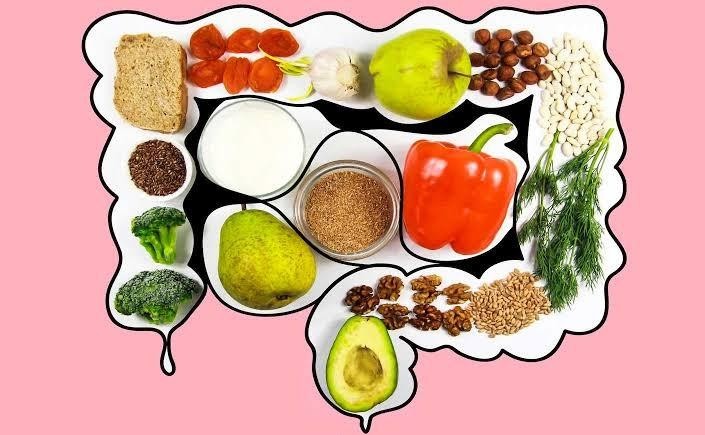
✅ Healthy Fats
Replace excessive cheese with heart-healthy fats:
- Avocados
- Nuts and seeds (chia, flax, sunflower)
- Olive oil
✅ Probiotics and Fermented Foods
Support gut bacteria with:
- Curd or buttermilk (in moderation)
- Fermented pickles
- Idli, dosa batter
- Homemade kombucha or kanji
✅ Plant Diversity
Aim for 30+ different plant foods per week to enhance microbiome diversity, as recommended by gut health researchers.
Red Flags to Watch for (Colon Health Symptoms)
If you notice these symptoms, speak to a healthcare provider:
- Persistent bloating or discomfort
- Blood in stools
- Unexplained weight loss
- Fatigue
- Change in bowel habits (constipation or diarrhea)
Early detection can make a huge difference.
✅ Plant Diversity
Aim for 30+ different plant foods per week to enhance microbiome diversity, as recommended by gut health researchers.
Final Word from the Nutritionist
You don’t have to quit cheese forever — but you do need to ask yourself:
“Am I crowding out protective foods with cheesy comfort?”
Colon cancer is largely preventable with mindful nutrition and lifestyle changes. So, the next time you reach for that extra helping of cheese-laden pasta, consider balancing it with a salad, legumes, and a fruit — your colon will thank you.

Hi, I’m Dietitian Dipanwita Saha, A Clinical Dietitian & Nutripreneur and The Founder & Director of Nutri World. I believe healthy eating should be enjoyable, balanced, and free from guilt—not about strict rules or cutting out your favorite foods. My passion lies in helping people heal their relationship with food, especially those dealing with disordered eating. If you’re looking for a supportive, judgment-free space to nourish your body and mind, I’m here to help—let’s make food feel good again.

